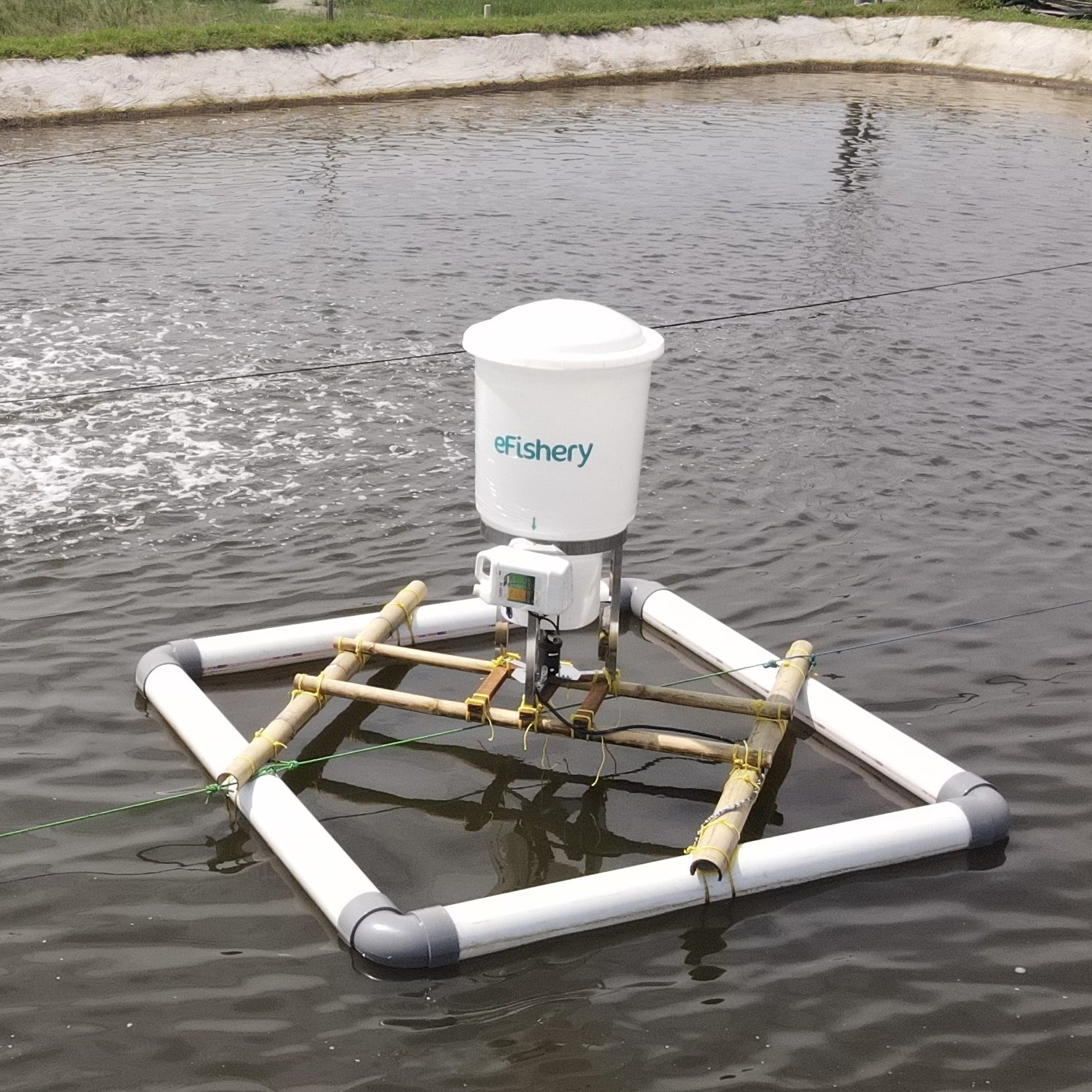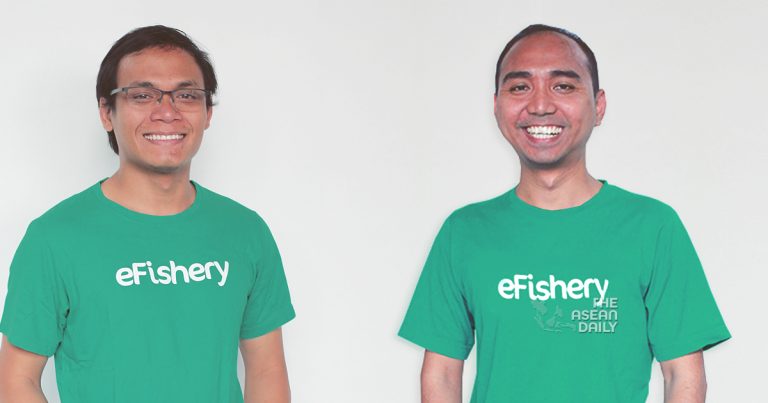10-7-2023 (JAKARTA) A startup founded by a resident of a poor labor community in Jakarta has become a rare unicorn in Indonesia after raising an additional $200 million. The value of agricultural technology startup Efishery has reached $1.4 billion after its Series D funding round led by 42XFund, more than three times the previous valuation of $410 million in 2022. Kumpulan Wang Persaraan, the state pension fund of Malaysia, ResponsAbility Investments AG, and 500 Global also participated in the round, along with existing shareholders Northstar Group, Temasek Holdings, and SoftBank Group.
The company currently serves 70,000 fish and shrimp farmers in Indonesia, surpassing the $1 billion valuation mark in a year when employee layoffs, CEO resignations, and plummeting valuations dominated the tech industry. Slow economies, rising interest rates, and higher inflation rates have made global venture capitalists more cautious.

Gibran Huzaifah, the 33-year-old CEO and co-founder of Efishery, grew up near a Jakarta slum and is the son of a construction site supervisor and a housewife. His mother, who did not finish high school, urged him to pursue education, and Huzaifah excelled in his studies, eventually enrolling in Bandung Institute of Technology, one of Indonesia’s top universities for biological sciences.
However, when Huzaifah entered university, his family’s financial situation worsened after his father lost his job. In a new city without money from family or acquaintances, Huzaifah had to find shelter to sleep every night, sometimes in the schoolyard or a mosque. Once, he had to go without food for three days.
One day, Huzaifah stumbled upon a class on aquaculture and was captivated by the professor’s lectures on raising smooth-skinned fish. He believed that aquaculture would be the future of food and more importantly, a way out of poverty. He immediately rented a pond to raise smooth-skinned fish. Three years later, in 2012, Huzaifah operated 76 fish ponds.
During that time, Huzaifah directly experienced the challenges of the industry, such as low profit margins due to high feed costs and low fish prices due to intermediaries. With the help of a technologically knowledgeable friend, he created a prototype automatic fish feeder using Internet-of-Things (IoT) technology to eliminate the problem of over or underfeeding.
In 2013, Huzaifah and his friend launched Efishery. His approach had two directions: do something you understand and don’t follow the crowd.
Three hours east of Jakarta, passing through rice fields and tin-roofed shacks, the noise of rural life is interrupted every few minutes by an automated system that sprays hundreds of pellets into the mouths of hungry fish waiting in a concrete pond. It may not be Silicon Valley, but this device is the key to Efishery’s rapid expansion, aimed at revolutionizing the century-old aquaculture industry.
Efishery is built on the model of an agri-tech startup. For a monthly fee, the company provides farmers with an automatic pellet dispenser based on data from thousands of users. Customers buy feed and sell fish at higher prices through a smartphone app.
Efishery also sells large quantities of fish to bulk buyers. Since then, the company’s business has developed, with two separate segments for farmers and fish and shrimp buyers. The company also works with some financial organizations to provide financing for farmers.
As one of the investors in the funding round, Temasek has helped Efishery expand, including proposing potential CEOs and key partners in India, Thailand, and Vietnam. Every year, Huzaifah speaks with Dilhan Pillay, CEO of Temasek, four times – an extremely high level of support for a small investment like Efishery.
After the latest funding round, the shares of Huzaifah and his co-founder are worth over $100 million each. Huzaifah said his life has not changed much. However, he still “feels great not to have to worry about the financial troubles he experienced growing up.”
With the new funding, the CEO of Efishery said in an interview that they plan to use this money to expand operations in Indonesia and India before pursuing an initial public offering (IPO) in the US or Indonesia within two years.
“We want to become a global leader in five years and carry out an IPO at some point. The earliest will be in 2025,” Huzaifah said.




